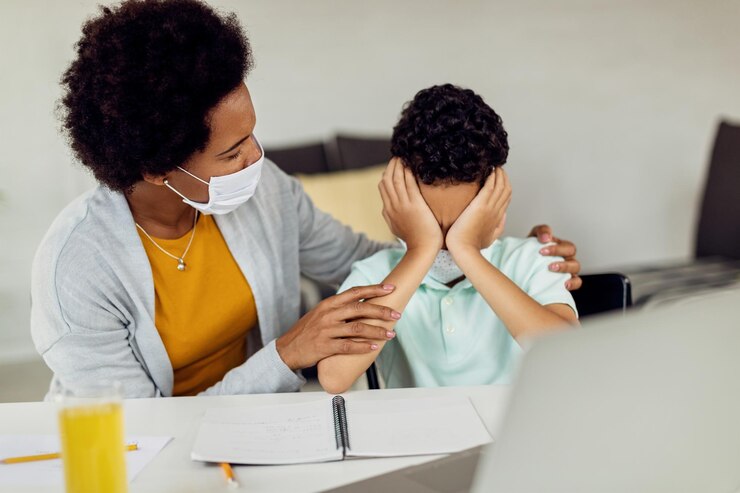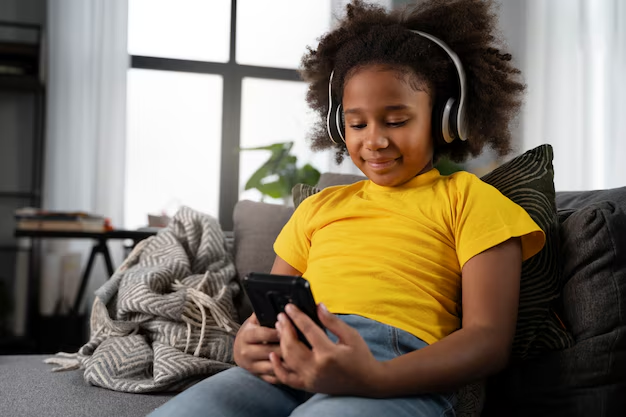When your child has hiccups
If you have suffered a hiccup, you will agree that it can be embarrassing, annoying and even unhealthy. Imagine you are in the middle of a speech and the sudden urge to hiccup gets over you, or you are in an interview when suddenly it happens. This can put you in an awkward position. It is no different for children, as hiccup distracts them from what they are doing and it can also be uncomfortable.
In the Latin language, to hiccup means to sob while catching your breath. The feeling from a hiccup is not a pleasant one. Hiccups occur mostly due to an involuntary spasm (a sudden, involuntary contraction) of a muscle or a group of muscles that helps us to breath, including the diaphragm and the muscles around the ribs. It could also refer to a temporary burst of energy, activity, emotion, stress or anxiety unrelated to, or as a consequence of involuntary muscle activity.
Hiccups are common and they will affect everyone at some point in their life. The good news is that they mostly last for a few minutes although sometimes they can last a few hours depending on the cause. Hiccups that last up to 48 hours are called persistent hiccups while those that last longer than 48 hours are known as intractable hiccups. Although rare, intractable hiccups can cause exhaustion, lack of sleep and weight loss. Both types of hiccups could signal a more serious health problem and thus require a check up by a doctor.
What causes hiccups in children?
The most common cause of hiccups among babies is taking in too much air while breastfeeding. For older children, over-eating which causes the stomach to become distended, as well as drinking too much soda can cause hiccups. Another common cause of hiccups in children is gastroesophageal disease (GERD), which occurs when acid leaves the stomach and rolls up into the food tube. However, to confirm if the child has GERD, a doctor must run some tests on him.
Hiccups may also be caused by eating too much food too quickly, swallowing too much air, a sudden change in stomach temperature such as drinking a hot beverage and then a cold beverage. The persistent and intractable hiccups are caused by problems in the central nervous system such as cancer, infections, stroke or injury.
It could also be due to problems with the chemical processes in the body such as decreased kidney function, irritation of the nerves in the head, neck and chest, or as a result of anaesthesia, surgery or mental health problems. Most importantly though is that hiccups are also normal and rarely caused by serious health problems.
Children may also suffer from hiccups due to side effects of some medications they could be taking or medication overdose, infection or multiple sclerosis. Interestingly, some babies get hiccups before they are even born.
Treatment of hiccups…
Most hiccups go away on their own within a few minutes. However, if they persist, there are some home remedies that can be used to treat the. They include:
For older children, have them hold their breath and count slowly up to ten. According to the Yale Medical Group, holding a deep breath increases carbon dioxide and breaks the cycle of hiccups. Breathing repeatedly into a paper bag for a limited period of time also helps but this must be done under the supervision of an adult.
You can also give the child a glass of cold water or a teaspoon of sugar or honey or a lemon to suck on. An antacid with magnesium also helps to stop hiccuping.
Gently pull the child’s tongue or massage the child’s ears to help stimulate vagal nerves endings, as this will cure the hiccups.
For persistent or intractable hiccups treatment depends on the underlying causes and treatment would be determined by the findings of a doctor.
If your baby is breastfeeding, keep breastfeeding, as the hiccup will just go on its own. Again, a baby who is hiccuping will not choke on breast milk. You can also give them some water to sip on.
Avoid very spicy foods, as they are known to cause hiccups. The spice may irritate the stomach lining resulting in hiccuping.
Published on June 2013




